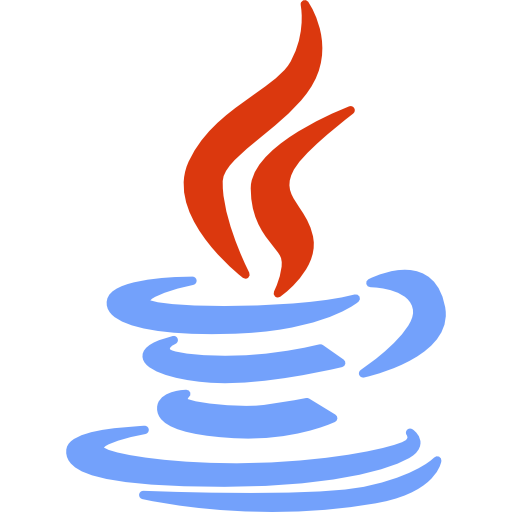Everything You Need to Know
About Java
A programming language can be referred as a vocabulary and set of grammatical rules for instructing a computer or any computing device to perform few particular tasks. The term programming language usually refers to high-level languages, such as BASIC, C, C++, COBOL, JAVA, FORTRAN, etc.
Evolution of Java.
The popular programming language – JAVA, celebrated its silver anniversary last year. May 23, 2020, marked 25 years from the day James Gosling first introduced Java to the world. Sun Microsystems presented the slogan “Write Once, Run Anywhere” to portray Java's one-of-a-kind cross-platform abilities.
When students first encounter JAVA, they have often wondered- Why is the logo of JAVA a cup of coffee?

JAVA didn't always have this logo or the name.
The language was at first called Oak after an oak tree that remained outside Gosling's office.
Later the project was passed by the name Green before being renamed to JAVA, after Java espresso/coffee.
In 1982, Sun Microsystems began with a group of people. (You now know it as Oracle). They developed a programming language called Oak. Unfortunately, at that time the name Oak was already taken. Used by a different organization. Hence Sun required another name for Oak quickly. James Gosling remembered that he first got the idea when having Java espresso/coffee in his hand. So they went ahead with JAVA.
Now let's find out if Java is popular in the coding community.
Over the years, Java has advanced as a language of facts and practical knowledge. Due to its unique features various Fortune 500 organizations like LinkedIn, Google, Amazon, Facebook, and Apple still rely upon Java. According to PYPL (PopularitY of Programming Language), Java’s contribution to overall code written was over 31% in 2008. And now in 2020-21, it still holds 18% share.

But does that mean Java is losing because it is difficult to learn?
I conducted a LinkedIn poll to understand the same.
64% of 225 respondents, believe that Java is not a hard language to learn. Some say Java is even easier than C++, its predecessor.

Well, it is not the language that is complex. It is actually the vast set of libraries and frameworks, that makes Java overwhelming for its users.
So why do developers still use Java. What may be the advantages?
- STATICALLY TYPED
Java provides type of safety which catches all potential errors at compile time (the time when source code is converted into an executable code) rather than at runtime (the time when executable code starts running). Hence the chance of potential errors at runtime gets reduced.
This feature ultimately makes it easier to manage large applications.
Furthermore, it is very easy to analyze Java code which is useful in situations when a team of programmers working on the same project. Java programmers would understand quickly each other’s code, as everything is declared accurately.
- PERFORMANCE AND SPEED
As far as the performance and speed are concerned, Java has a solid edge. Thanks to JIT (Just-in-Time Compiler) that converts Java byte code into native machine code very quickly, the performance of Java can be sped up as equal to C/C++.

Mobile is one of the sectors in which Java has a solid amount of space, even more than any programming language of this era. It is noteworthy that Java is one of the official programming languages of the Android mobile platform alongside Kotlin. And, a large percentage of apps running on Android devices including smartphones or tablets are developed on Java.
Furthermore, millions of embedded devices use Java.
Hoping Java continues to thrive, making apps better for business and user outcomes.
That's all for now. Until next time.




